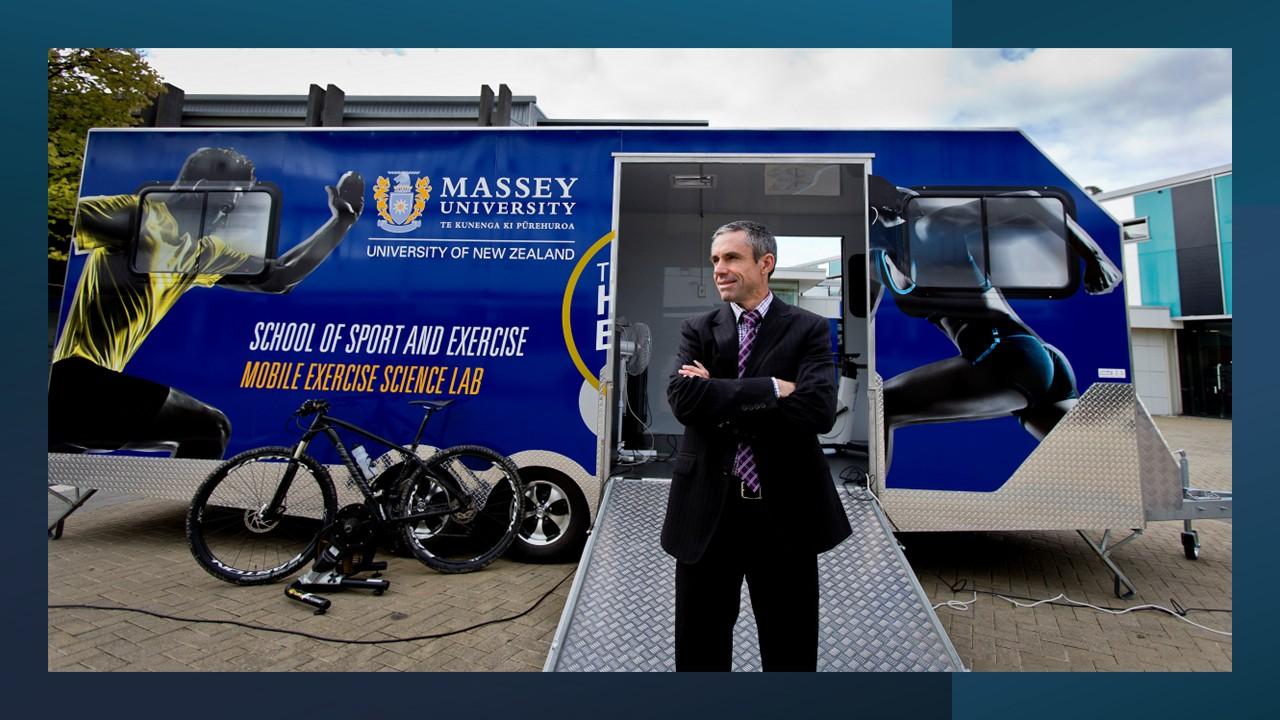In our work with family businesses, we recently had a situation where the founder of a large family business was apparently so frustrated with one of his sons (who is a senior manager in the company) that during a phone conversation said, “Son, if that’s the way you want to do it, then you’re sacked!”.
And this was 10 days before Christmas.
Both father and son are very forthright and determined people, so whilst a little shocked, I was not surprised with this happening. Obviously, it’s not something the son said or did on this one occasion - there’s probably a lot of family history that’s led to this.
Now, what did surprise me was that three days later, the father reinstated his son.
And having worked with the family, we are pretty sure that the son’s three siblings would have been supporting their brother in standing up to Dad. Ah, family dynamics!
Can you imagine the atmosphere when the family are sitting around the table at Christmas dinner? The father/son topic is bound to come up, if not directly, then certainly by inference at some point during the meal.
Whilst this may seem like an extreme case of family disfunction, many families have both past and immediate history that can cause the celebratory meal to become a platform for raising past hurts and felt injustices. In extreme cases, it could even lead to the “last supper” for the full family.
How to avoid such happenings and have a truly warming family Christmas get together?












